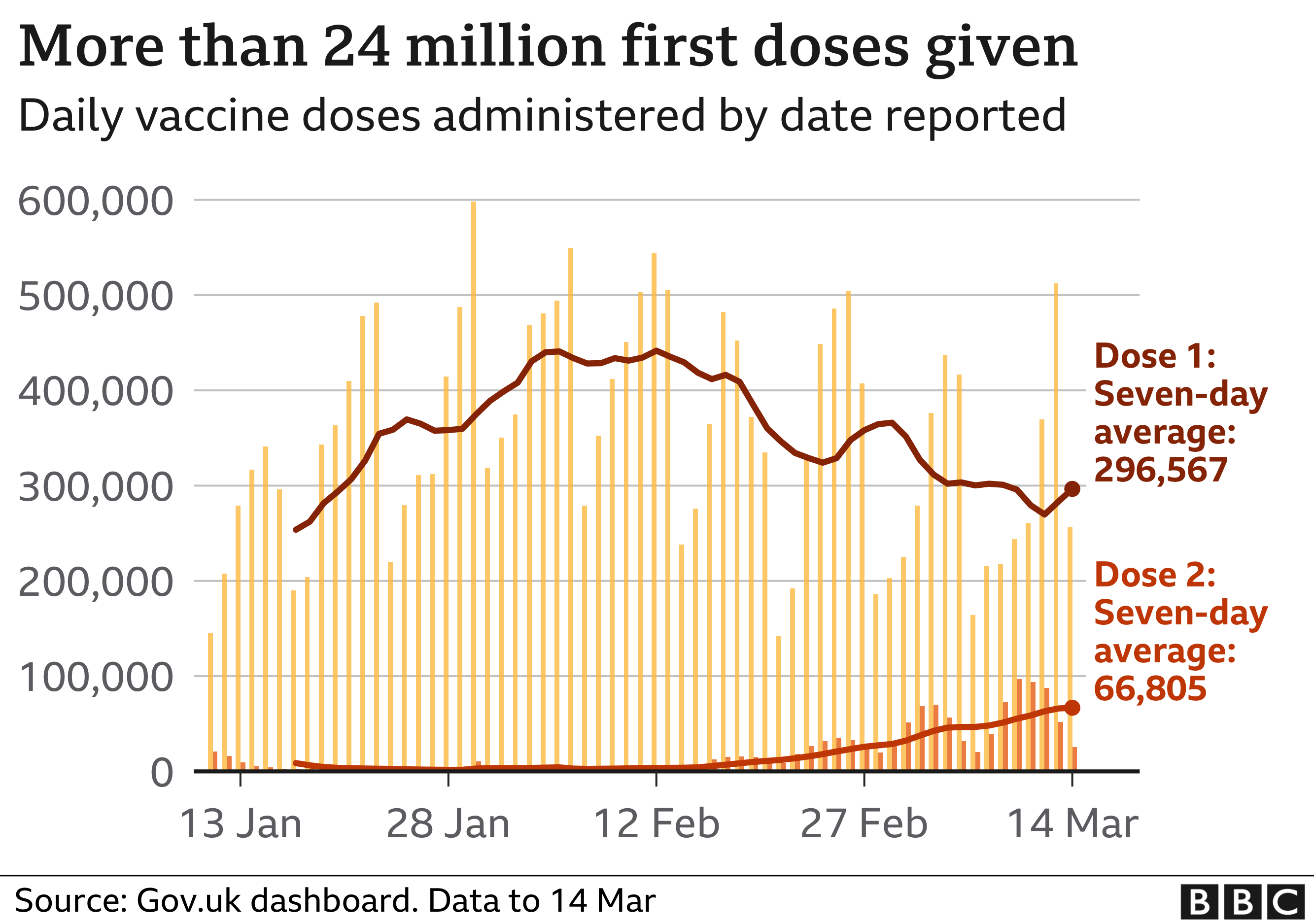
At the time of writing, over 24m of the UK population have already received their first COVID vaccination and Boris has pledged to all adults in the UK being offered their first dose of a coronavirus vaccine by the end of July. As a result, there is already a debate happening about whether employers can, or should, insist on employees being vaccinated. One of the knottiest questions is whether inoculations should be mandatory for staff before returning to work.

Understandably, employers will see the vaccine as a means of protecting the health and safety of staff as it could help make the workplace more secure and give employees (and customers/clients) greater confidence about returning to work.
Not knowing which way the wider UK workforce would sway on the knotty question, I ran a poll to my Linkedin Network which closed at the start of March, and here is what I found.

Things remain very undecided. Requiring an entire workforce to be vaccinated will be difficult to achieve from both a legal and employee relations perspective. The government is not currently introducing legislation to make the vaccination compulsory and therefore it will be for individuals to decide whether to or not to be vaccinated.
The NHS is issuing ‘vaccine cards’ recording which vaccination an individual has received and reminding those receiving the vaccine to present for their second dose and medical records will, of course, record if someone has received the vaccine. However, whether the government will choose to issue vaccine passports or certificates is a difficult issue as it presents a number of novel, ethical issues.
Ongoing consultation with employees will be key to implementing any policies on Covid vaccination, and indeed on Coronavirus-related employment matters more generally. Here are a few things to bear in mind as part of this:
Have an Open Approach to Flexible Working Requests
In the past, many employers were resistant to introducing flexible working for fear that it would lead to reduced productivity. With the pandemic, many employers will hopefully now have more trust in their employees and see that working from home or working flexible hours is the ‘new way of working’ and a very feasible option. It’s very likely that employers will receive a high number of flexible working requests when things return to “normal” so it would be sensible to consider how they might deal with these. Bear in mind that, given many employees have worked from home for the best part of a year, employers probably won’t be able to rely on blanket arguments that “home working doesn’t work” to turn down a request.
At Pro, we’ve seen productivity increase, relationships are work are now even tighter as we continue to speak with our colleagues daily on Microsoft Teams.
Counter any Misinformation
Many employees may be sceptical of the vaccine, we live in an age where social media can cause misinformed judgements, so it’s important to make sure you, as an employer, are kept up-to-date with the correct information provided by the NHS and advise that your teams refer back to local GP who would be much better placed at providing information which may be sensitive to discuss in the workplace.
Future Business Planning
Consulting with your teams and colleagues should always be seen as a valuable opportunity. A discussion about appetite or concerns for the vaccine is naturally linked to questions about returning to normality and future work patterns. What do employees like about “the new normal” that they want to keep? Consider whether you want to return to the workplace as before, or whether this is a time to reimagine office life and adjust working practices and use of space as a result?
At Pro, we continue to build our future based on the opinions of our teams, using surveys and providing open forums for your teams to share opinions will build trust and develop a future of happy, retained, and ambitious employees who want to succeed with the growth of your business.
So to conclude, employees and employers are very split in and amongst the debate of “Should COVID vaccines be mandatory before returning to the office? “ but it is certainly sensible to start thinking about what approach you might take, remembering that continued consultation with your teams will be key.
If you would like more advice about returning to the office or the new working landscape, please do get in touch. I'd love to hear your thoughts, you can contact me on 020 7269 6351 or claire.stradling@pro-recruitment.co.uk





